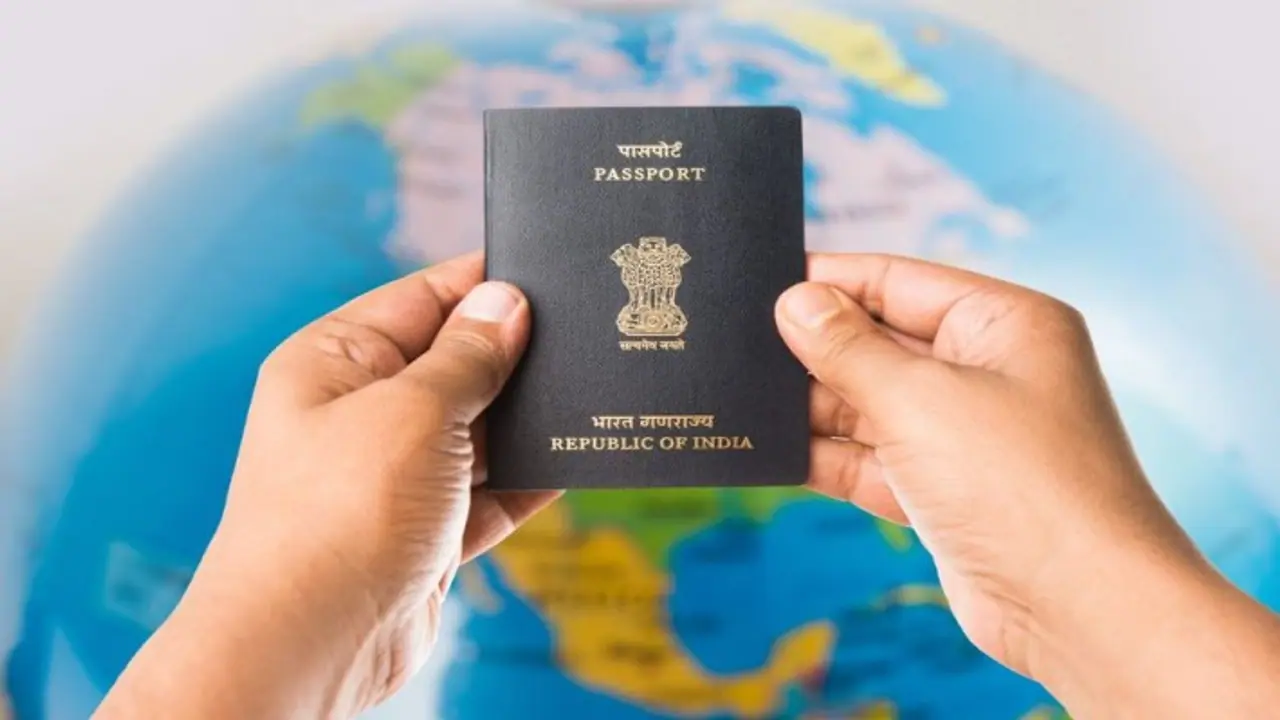Dual citizenship is not allowed in India, but Overseas Citizenship of India (OCI) cardholders enjoy certain privileges. Learn more about OCI and PIO.
The question of dual citizenship in India frequently arises in discussions. Can Indian citizens hold citizenship in two countries at the same time? The answer is outlined in India's Citizenship Act of 1955. According to the Constitution of India, no Indian citizen can possess both Indian and foreign citizenship concurrently. However, the Government of India has introduced the Overseas Citizenship of India (OCI) option for individuals of Indian origin living abroad.
What are the benefits of dual citizenship?
A person with dual citizenship enjoys the rights and privileges of both nations, including the ability to live, work, and travel freely between them, as well as access to social services. This status allows individuals to benefit from various opportunities available in each country, particularly in areas like education, healthcare, and social security. Holding dual citizenship also enables a person to possess multiple passports, making international travel more convenient. Dual citizenship can be obtained through various means, including birth, marriage, and naturalization. However, it also entails certain responsibilities, such as paying taxes in both countries and adhering to the laws of each nation.
What is OCI?
Overseas Citizenship of India (OCI) is frequently viewed as a form of dual citizenship, but it does not grant full citizenship rights. Its primary aim is to allow individuals of Indian origin to maintain a connection with India while residing abroad. OCI cardholders receive lifelong visas, unlimited entry into the country, the right to purchase property, and certain other privileges. However, they do not have the right to vote in elections.
Difference between PIO and OCI
A Person of Indian Origin (PIO) is someone whose ancestors were Indian citizens but who currently holds citizenship in another country. PIO cardholders have limited rights in India, whereas OCI cardholders enjoy more privileges. In 2015, the PIO and OCI categories were merged to create a single card, simplifying the process for people of Indian origin to maintain their connection with India.
Eligibility criteria for OCI card in India
- 1. Individuals who have been residing in India for more than 7 years.
- 2. People who are married to Indian citizens.
- 3. Individuals whose parents have Indian citizenship, the applicant has been residing in India for at least one year.
- 4. Individuals who have been registered as Overseas Citizen of India (OCI) for at least 5 years.
How can Indians get dual citizenship?
While dual citizenship is not allowed in India, the OCI card offers a distinctive way for individuals of Indian origin living abroad to remain connected to their roots. This enables them to travel to and from India easily and engage in business activities. However, it is important to note that they do not have voting rights or the ability to hold government positions in India.
